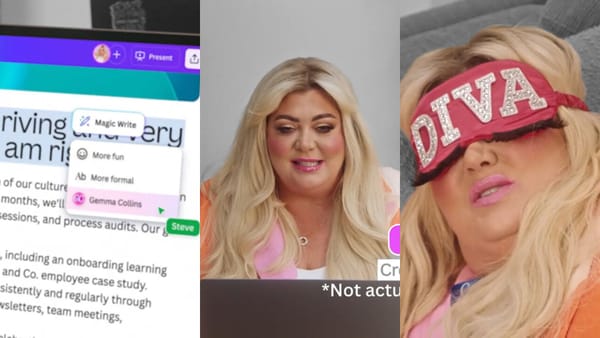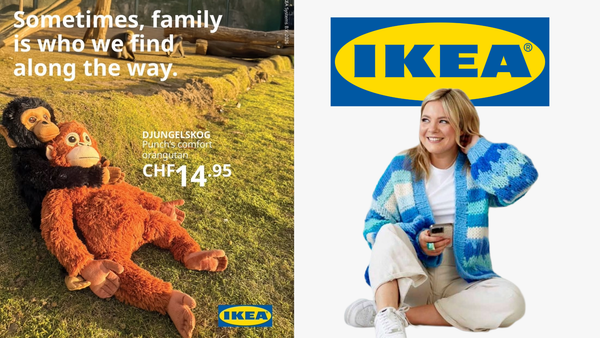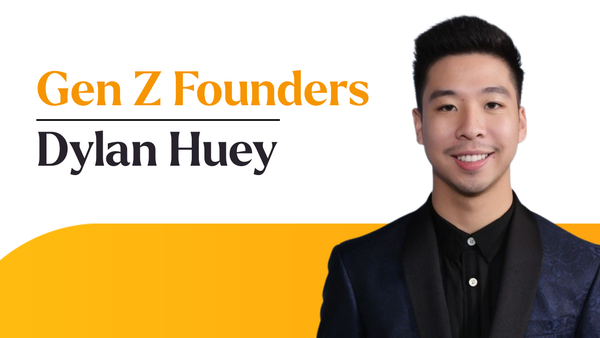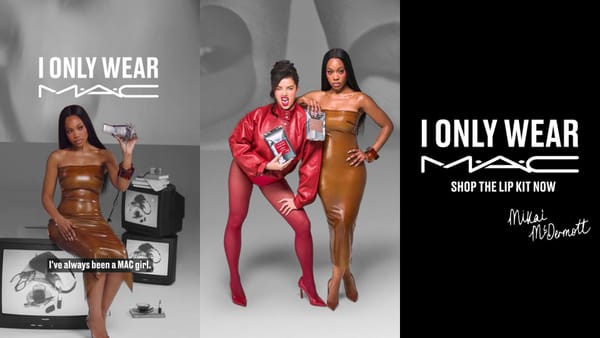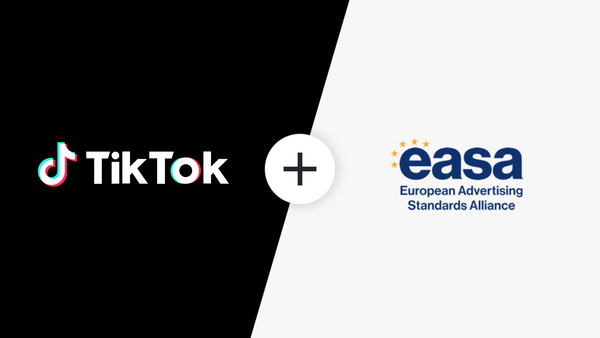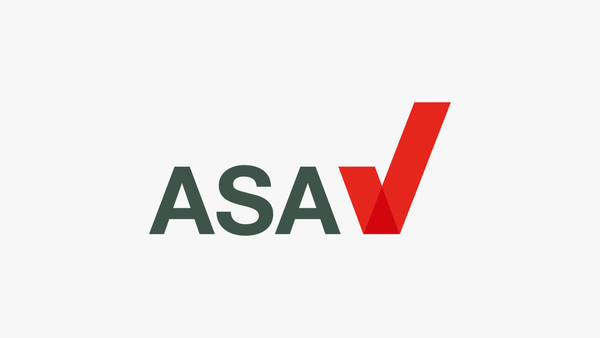Almost every creator uses CapCut - it’s one of the most popular video editing apps right now. While it’s very useful for both influencers and marketers, there’s a major update that’s going to change your rights significantly.
Claudia Sandino, Director at Omnivore, recently spotted that CapCut updated its Terms of Service, and while the rollout was quiet, the implications are anything but.
What’s the issue?
The new terms give CapCut broad rights over your content, including the ability to use it however they want, alter it, and profit from it - all indefinitely.
This includes your voice, face, likeness, creative edits, and branded content, even if it features a client or a commercial campaign.
In short, by agreeing to these terms, you're permitting CapCut to turn your content into an ad, a training video, or anything else, without your knowledge, consent, or compensation.
We spoke to Sandino, who stressed how important it is that creators are aware of the new terms.
Sofia Aira: Could you clarify which specific terms in CapCut’s update give them the rights to users' Content?
Claudia Sandino: Yes, in the updated Terms of Service, CapCut now includes broad language granting them a worldwide, royalty-free, sublicensable, and transferable license to use, reproduce, distribute, modify, adapt, publicly perform, and create derivative works from your content.
They specifically call out likeness, voice, and user-generated content, which means if you upload a video of yourself, or even just a voiceover, they can legally use that in an ad or other media without notifying or compensating you.
What’s especially alarming is the “perpetual” nature of the license. Once you upload content, they essentially own usage rights to it forever, even if you delete your account later.
SA: Is this type of rights claim common in video editing platforms, or is CapCut an outlier?
CS: Unfortunately, it’s becoming more common, especially with platforms owned by parent companies like ByteDance, who have their own monetisation and data strategies. That said, CapCut goes further than most by claiming usage rights over content that creators often assume is private or controlled.
Many platforms have similar clauses in place for things like sharing or public-facing content (e.g., TikTok, Meta, YouTube), but CapCut’s editing tool is being used for client work, branded campaigns, and internal-only assets, and that’s where the lines start to blur.
SA: What are the legal implications if a creator’s likeness or voice is used in an ad without their permission?
CS: It gets complicated. Under typical right of publicity laws, individuals own the rights to their likeness, name, and voice. If a brand or platform uses your image or voice without consent, especially for commercial gain, it could open them up to legal claims, but those claims are harder to pursue when users have already “agreed” to the terms by clicking accept.
That’s why these buried clauses are so dangerous. Most creators aren’t aware that uploading a clip, even a draft, could legally waive their rights.
SA: How can creators protect themselves from the new update? Can they opt out?
CS: There’s currently no opt-out. If you use CapCut, you’re agreeing to the updated terms by default. So the best way to protect yourself right now is:
● Switch to tools with more creator-friendly policies (like Adobe Premiere, Final Cut, DaVinci, etc.)
● Educate clients and collaborators, if you’re editing their footage on CapCut, they could be at risk too
● Also, if you're sharing CapCut-edited content to platforms like TikTok, remember that TikTok and CapCut are both ByteDance-owned, so there's potential for cross-platform data and asset use.
SA: Do you see this as part of a broader trend in tech platforms monetising user-generated content?
CS: Absolutely. We’ve seen a major shift over the last few years, tech platforms are no longer just tools, they’re distribution engines, and user-generated content is their fuel. Companies are realising that UGC is profitable, and they want legal access to it without the burden of paying creators.
This is part of a much larger trend where platforms blur the line between “tool” and “media company,” and creators lose control in the process.
SA: What ethical responsibilities do platforms like CapCut have toward the creators using their tools?
CS: At a minimum, they owe creators clear and transparent terms, not buried legalese. If a company is going to monetise your voice, image, or work, they should:
● Disclose it clearly, not hide it in updates
● Offer opt-outs or limited licenses
● Provide compensation, especially for commercial use
Creators are the reason these platforms grow. Using their work without consent or payment isn’t just unethical, it’s exploitative.
SA: How can the creative community push back or demand more transparent and fair terms?
CS: We have to do what we do best: create noise and awareness. That means:
● Talking about these issues publicly (like I did on LinkedIn)
● Tagging platforms and holding them accountable
● Supporting tools and companies that put creator rights first
● Building community standards and pushing for creator-first licensing models
Legal reform and industry pressure will only happen if we keep bringing visibility to how often this happens. It’s not just a CapCut issue, this affects the future of creative ownership as a whole.
This update from CapCut is a wake-up call. Creators, especially those working in social or content marketing, need to be as vigilant with terms and licensing as we are with creative quality.
We can’t afford to be passive about where our content ends up anymore.



